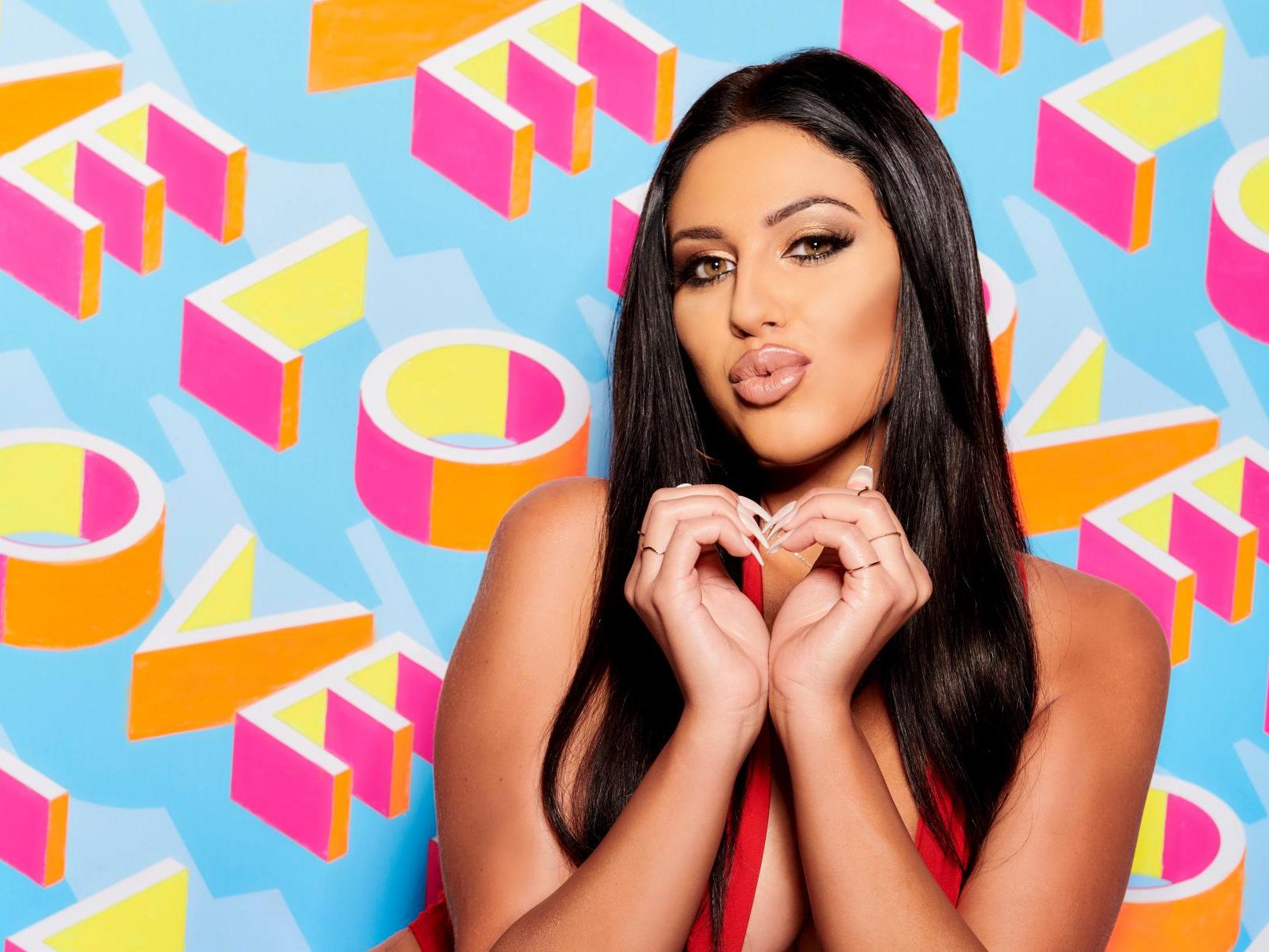Why it's time to stop hate-watching Love Island
As the reality series returns to television screens, Ed Power argues that it's time to accept the uncomfortable truth that we’re laughing at the contestants, not with them

Your support helps us to tell the story
From reproductive rights to climate change to Big Tech, The Independent is on the ground when the story is developing. Whether it's investigating the financials of Elon Musk's pro-Trump PAC or producing our latest documentary, 'The A Word', which shines a light on the American women fighting for reproductive rights, we know how important it is to parse out the facts from the messaging.
At such a critical moment in US history, we need reporters on the ground. Your donation allows us to keep sending journalists to speak to both sides of the story.
The Independent is trusted by Americans across the entire political spectrum. And unlike many other quality news outlets, we choose not to lock Americans out of our reporting and analysis with paywalls. We believe quality journalism should be available to everyone, paid for by those who can afford it.
Your support makes all the difference.It’s the most wonderful time of the year. At least, it is if you enjoy watching tanned singletons going on awkward dates while a smarmy narrator chimes in with cutting zingers. Yes, tonight we return to the Love Island villa for another month of thwarted romance, sneaky snogs and bromantic banter by the pool.
But something feels different about the series this year. Once a carefree guilty pleasure, Love Island has become a lightning rod in the multi-pronged debate about body image, diversity on screen and the responsibility television producers hold towards those they allow to be caricatured as heroes or villains on the airwaves.
That’s quite a burden for a programme that styles itself as a frisky distraction. The catalyst is, of course, the reported death by suicide of two recent contestants: season two star Sophie Gradon and series three’s Mike Thalassitis. Love Island 2019 furthermore unfolds in the shadow of the passing of a guest on the Jeremy Kyle Show, said to have taken his life before the broadcast of an episode in which he “failed” a lie-detector test (a technology proven to be unreliable in the bear pit of reality TV).
In the aftermath of these tragedies, ITV has overhauled its duty of care guidelines for Love Island participants. “We take it really seriously. We’re not a***holes. We really do care about these people,” said network executive Angela Jain when it was put to her that Love Island should be cancelled amid concerns for the mental well being of contestants.
Love Island has also, perhaps inevitably, become embroiled in a furore over representation. ITV has been forced to defend itself against claims it is reluctant to cast “plus size” – ie non-outrageously skinny – hopefuls in 2019.
“First and foremost, it’s an entertainment show and it’s about people wanting to watch who you’ve got on screen falling in love with one another,” said creative director, Richard Cowles. “Yes, we want to be as representative as possible but we… want them to be attracted to one another. We’re not saying that everyone that’s in there is how you’re supposed to look.”
He was responding to criticism by actress Jameela Jamil. “The producers of Love Island think this slim woman counts as their new token ‘plus-size’ contestant? Are they drunk?” said the Good Place star, tweeting a picture of 28-year-old Anna Vakili.
This kicked off an internet firestorm – who was Jamil to label Vakili plus size etc? – and will no doubt be the first in an endless weather front of social media outrages to swirl around Love Island in the weeks ahead. But even as celebrities weigh in – former Love Islander Kady McDermott has led the charge against Jamil – there is an equally persuasive case that the true soul-searching needs to be undertaken by us, the viewers.
The uncomfortable truth is that on Love Island we’re typically laughing at the contestants, not with them. Yes, of course, a significant chunk of the audience will get swept up in the romantic dynamics, exactly as they were last year as Dani Dyer found (temporary) love in the arms of Jack Fincham
But it is undeniable that just as many, if not more, will flock to the series to hoot at the annual bevy of beefcakes and beach babes with more pecs than brains (or so we like to believe). Love Island isn’t “hate watching” – it’s smug watching.
What we need to remember is that behind the supernaturally white teeth, bulging muscles and show-off Instagram accounts, contestants such as Dyer and Fincham, and last year’s suave villain Dr Alex George, are subject to the same stresses and strains as the rest of us.
We would also do well to recall that reality TV is built upon artifice. As former Love Island contestant Zara Holland told Channel 4’s Dispatches recently, what we see on the screen is a mediated reality shaped by the producers. The cast are fed lines and encouraged to take their storylines in a certain direction. It’s all smoke, mirrors and fake tan. If they come across as dim or callow it’s because ITV wants them to appear that way.
That’s hardly a revelation. Yet it’s astonishing how many, especially on social media, buy into the caricatures painted by Love Island and its ilk. Reality television has serious questions to answer about its duties towards those on whom it trains the spotlight. But all us viewers chortling into our cushions have a responsibly, too: to be kinder and less judgmental when bantering strangers are served up for our casual entertainment. So let’s all enjoy Love Island while not forgetting that reality television and real life at not at all the same.
Join our commenting forum
Join thought-provoking conversations, follow other Independent readers and see their replies
Comments